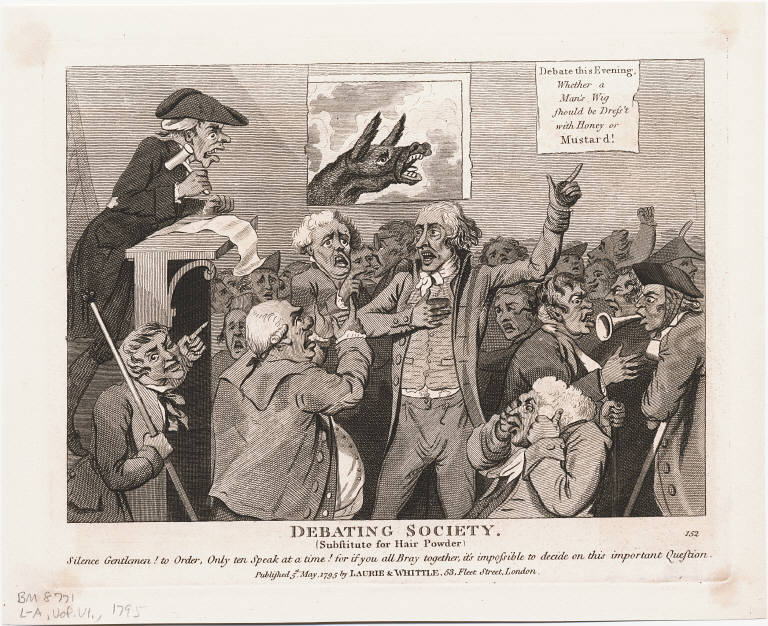What is the iDiscover article sidebar?
It’s a pane that appears on the right of your browser window when linking from certain citations you find in iDiscover. In the iDiscover results list click a link, e.g. “Full Text Available” below an article citation, and iDiscover will open a content page. The sidebar will appear to the right of the content, e.g. article full text.
Citation & journal information
The sidebar helpfully contains the citation that you read on a iDiscover search results page. Once you’ve clicked on a link on that results page and left the iDiscover citation there is no easy way of keeping that citation on screen. The sidebar solves that problem by displaying it. This is useful for navigating if the link has not in fact resulted in your being delivered the content described by the citation. The sidebar’s information gives you the option to navigate yourself to the article if, for instance, you have been taken to the contents page or home page of the journal rather than directly to the article.
Clicking on “Journal Details” under the article citation on the sidebar opens further details about the journal and gives a link to Ulrichsweb.com, the prime source for detailed information about journals.
Package & coverage detail & Problem report form
Below the citation and journal details you will see the “package” information (usually the name of the publisher database or platform the journal is to be found in), plus the coverage available (e.g. 1997 – present). This area of the sidebar also contains a link: “Report a problem”. Clicking on this opens a brief form you can fill in if your link has really failed and the content appears not to be available at all.
When you complete this problem form it will be picked up by us in the ejournals@cambridge team on the ejournals & eresources helpdesk and we will get back to you very soon to resolve the query. We will try to provide an alternative route to the content you require, but please beware that fixing the linking issue may take longer as it involves working with our knowledgebase link provider.
There is no way right now to “force” the inclusion of the name and email address on this form, so we have put a message above the form that says:
“Please remember to add your name and email address in the form so we can send you a reply.”
(We’ve asked our provider of this service to make it mandatory the name is included in a future update.)
Still need help?
This is an area of the sidebar that offers links to further help. This includes two links that construct a title or an ISBN search in iDiscover:
“Search the Library’s catalog – by title”
“Search the Library’s catalog – by ISBN”
You can use these links to search for alternative versions – e.g. in print format in libraries in Cambridge, records for which can be found in iDiscover.
There is here also a link to WorldCat that will provide further links to external sites that may be useful alternatives to access (note this is not working currently for discovering WorldCat holdings for Cambridge, but we are working on fixing this with OCLC).
And a link is here provided to the InterLibrary Loan service at the University Library where you can find all the necessary steps to making an InterLibrary Loan request.
Email and Export
This last section of the sidebar provides you with options to email the citation to your email account or export it to EndNote reference manager or in other formats.
“Open content in new tab” link
In experimenting with the sidebar it’s been discovered that there are some providers whose content is indexed in the Summon index (that lies behind iDiscover) but which does not interact well with the Summon search functionality. This applies to a limited subset of the vast amount of content available to you. We know searching on this content can, frustratingly, result in a blank white screen. To help with this we have added a link at the bottom of the sidebar that says “Open content in new tab“. So far we’ve found that clicking on this link does indeed open the missing content without any further hitch.
Finally a note about linking in general
iDiscover comprises links that are OpenURL links and links that are known (in our provider ProQuest’s terminology) as “index-enhanced deep links”. These latter work very smoothly indeed as the referring source has the URI to direct link to the content and OpenURL does not need to be evoked at all.
OpenURL links, on the other hand, can be problematic for a number of reasons. The sidebar in iDiscover will appear, therefore, only when the link followed is an OpenURL link and there could be a potential problem.
The sidebar presents you with options you didn’t have easily to hand before – to try navigating yourself from the citation details; to report the problem to the helpdesk from where we’ll get back to you promptly; to try searching in iDiscover as an alternative; to try the option of an InterLibrary Loan; to export the details to your reference manager or email account.

Try out the sidebar with this example search on “Merry Christmas phosphates”, illustrated above.
So, no, the sidebar isn’t a mis-spelt cocktail or handy mini-bar-cum-motorbike sidecar that pops up with a refreshing early Christmas cherryade, but a new feature that you will see appearing alongside content pages opened from links in citation records etc. in iDiscover. We hope it will make your use of iDiscover altogether an easier ride and if you need to fill in the problem form, please remember to include your name and email so we can reply to you. Thank you and Happy Holidays!



.jpg)








